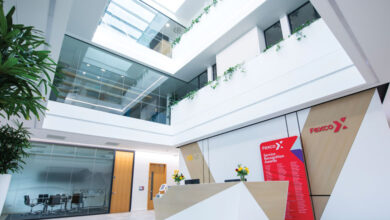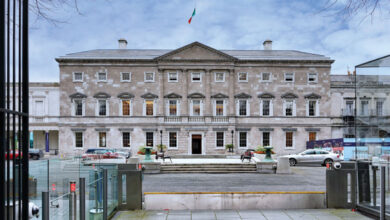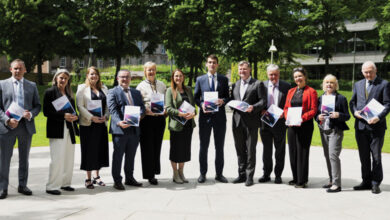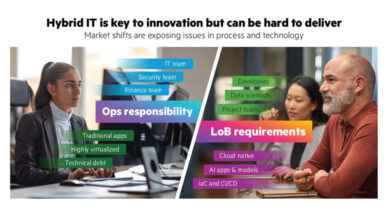Lessons for the Future of Work from the Covid-19 Crisis
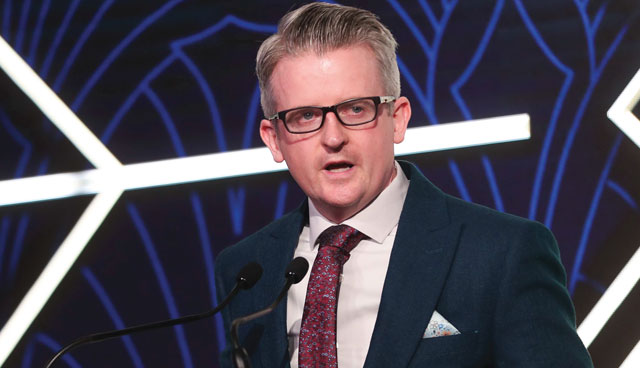
The scale and pace of the Covid-19 crisis can be difficult to grasp in its entirety. Practically overnight, organisations of every kind across the country (and indeed the world) were forced to find ways of ensuring business continuity while protecting employee health, with no easy toolkit and no set timeline, writes Cathal Divilly, CEO of Great Place to Work Ireland.
In essence, recent months have served as a large-scale natural experiment: accelerating trends such as remote working, distance learning, and flexible working arrangements. Implementing these changes have required the leverage of significant levels of trust between managers and their teams, as well as highlighting the importance of effective, relevant, and targeted communication.
The carefully thought out strategies that our organisations took time to draft in January 2020 have, for the most part, become redundant. We must all accept that even when things return to some level of normality, it won’t be the ‘normal’ with which we were familiar just a few months ago. Instead, now is the time to reflect on recent experience, and draw out key lessons to ensure our organisations are stronger and more resilient for the future.
Trust is a key currency
Organisations who had already made a commitment to developing a high-trust culture were better placed to navigate their way through the extreme uncertainty of the pandemic’s early days. The shift into new methods of working required managers who could trust that their teams were getting the job done without looking over their shoulders. In some cases, this may have meant flexibility around core hours. The shift from presenteeism to productivity prioritised the ‘job done’ over the ‘hours worked’.
The research of Colin Hughes (Head of the Graduate Business School, TU Dublin) on building trust in virtual teams is timely in this regard. “It’s not just about team members trusting the leader. It’s about the leader being confident enough to trust team members without seeing them. Trust in members’ self-efficacy definitely comes into it. It’s not about standing over people and watching what they are doing.”
Trust is a two-way street, and in the early crisis, management were reliant on the trust of their employees. In high-trust organisations, they had confidence that their leadership team would act in their interests, giving management the time and space to think through what would be necessary to work through the various phases.
Communication as a core foundation
Never has a good flow of authentic, honest communication been so critical to business continuity as it was earlier this year. Rumours and misinformation have a tendency to spread quickly in uncertain times, so organisations that kept employees informed with honest, authentic and, critically, relevant information ensured their teams were kept up to speed without being overloaded. Going forward, it is essential to ensure that key communications are cascaded throughout the workplace, and that the senior team and people managers are aligned on these messages.
By focusing on the development of a high-trust culture built on a foundation of timely targeted communications, organisations can ensure they maintain performance while developing agility and flexibility for uncertain times. What is your organisation doing to ensure it ‘locks in’ the lessons learned from the Covid-19 crisis?
Cathal Divilly is CEO of Great Place to Work Ireland. Great Place to Work believe that anywhere can be a great workplace and are dedicated to helping organisations of every kind develop high-trust, high-performance cultures.
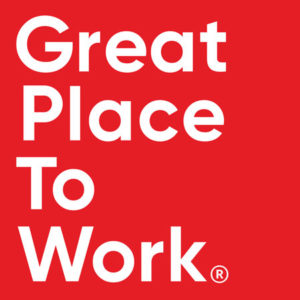
T: 01 678 8438
E: ie_info@greatplacetowork.com
W: www.greatplacetowork.com

